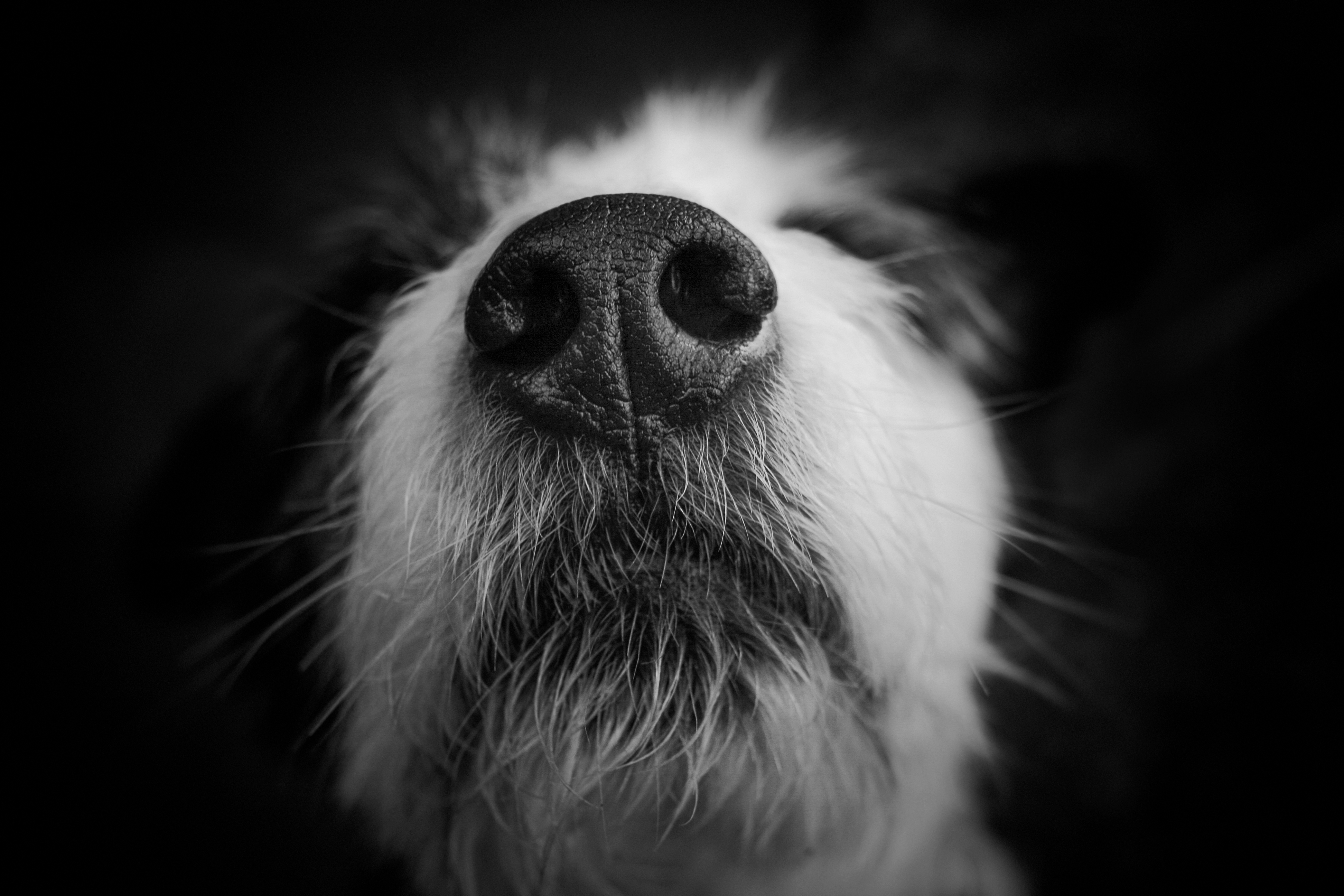Your Adam’s apple is likely to be the first thing you notice when you touch your neck. Located below your Adam’s apple is your thyroid gland; if you can’t feel it, don’t freak out because that’s normal. However, if you can feel it, you may want to consider going to a doctor to determine if you have thyroid cancer. Thyroid cancer is cancer that affects the thyroid gland. Although thyroid cancer has one of the highest survival rates, with about 98% surviving for at least five years after being diagnosed, it should still be taken seriously. Various treatment options, including surgery and radiation therapy, have contributed significantly towards the high survival rate. Although treatment is possible even for advanced thyroid cancer, it is always better to catch the symptoms early. Fortunately, a recent study reveals a new possible method that may make detection of thyroid cancer cheaper and more efficient.
Image Source: Agence Photographique BSIP
Researchers have trained a dog to determine whether a person has thyroid cancer from just the scent of his or her urine. The dog was first trained to recognize the smell of thyroid cancer from isolated thyroid tissues. A study was then conducted to determine how reliable the dog’s nose is for diagnosing patients. The study involved the dog smelling the urine samples of 34 patients; 15 of these patients had thyroid cancer while 19 of them had harmless thyroid nodules. The results showed that the dog was able to accurately match the diagnosis for 30 out of the 34 patients, which translates to an accuracy of 88.2%. The researchers acknowledge that a different method for detection, needle aspiration biopsy, provides more accurate results, but they argue that the benefits of using scent-trained dogs–the inexpensive cost and a relatively simple procedure–make it an equally viable detection method.
Using dogs to detect cancer may seem surprising, but it isn’t necessarily new. Dogs have already been used to detect bladder cancer, lung and breast cancer, and prostate cancer. The reason they are able to do so has to do with the fact that cancer cells produce a scent different than that of normal cells. With this new study, thyroid cancer can be added to the list of cancers detectable by dogs. Thyroid cancer is becoming more common likely due to better detection methods, but fortunately, although there may be some changes to daily routines as a result of treatment, most thyroid cancers are curable and rarely fatal.
Feature Image Source: Super nose by montillon.a










